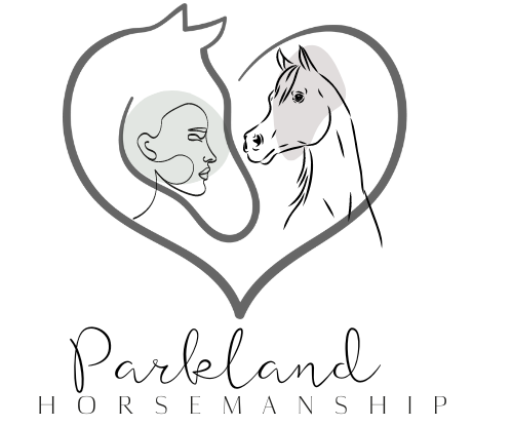Horses are phenomenal learners; however, incorrect training can have lasting negative impacts.
Training requires effective communication. Your horse should understand every verbal cue you give him or her and learn new skills gradually – even if this means appearing worse first before improving.
1. Start with Basics
As the saying goes, “one time is luck, two times are coincidence and three times are training.” Incorporating new behaviors into your horse requires consistent repetition; therefore it’s wise to limit training sessions to keep him from becoming frustrated or bored.
Establishing leadership with your horse is of utmost importance when training him or her; horses live in herds with hierarchies defined by genetics that they need to recognize as leaders before respecting you as their leader. Positive reinforcement and classical conditioning (pressure followed by instant release) are among the many effective tools of horse training.
Horses should never be kept as pets for casual breeding and purchase; their care requires intensive attention including food, hay, medical supplies, hoof trimming/shoeing/vet visits/barn repairs/grooming etc.
2. Hire a Trainer
Trainers can assist in teaching advanced skills to their horses but may not be able to resolve the fundamental problems caused by previous owners. For example, improper starting could leave issues such as box issues, running off, and lunging across their arena that are hard for trainers to remedy.
trainers generally dislike seeing horses that have been started by another trainer due to the difficulties involved with fixing mistakes made during starting. Finding an experienced trainer with both academic knowledge and practical experience in applying it should be your top priority, since a superior trainer should be able to do more for your horse in less sessions than an inexperienced one. That is why interviewing potential trainers before hiring them is so crucial.
3. Hire a Coach
Trainers work closely with clients to help them identify which horse fits into their budget and is available at various locations. Trainers can give an estimate based on factors like training level, age and breed of the horse being considered for purchase.
Instructors, coaches and trainers need to have adequate liability coverage in place in order to protect themselves against risk when offering services to individuals or groups – often far away from their location in unfamiliar environments.
This pillar provides students with the means to address behavioral problems with their horses and create lasting bonds at every level – on the ground, in the saddle, emotionally & spiritually. Once that connection has been made between horse and rider, training sessions become enjoyable experiences in which your horse looks forward to participating!
4. Hire a Trainer for a Specific Issue
Most horse owners keep horses for recreational reasons, such as youth development, trail riding and competitive exhibitions. These activities are supported by a commercial ecosystem consisting of trainers and support organizations.
Many training issues among experienced riding horses start out with pain or fear, so the first step for those experiencing issues should always be visiting an equine clinic for a comprehensive physical exam and lameness evaluation.
An investment in a well-trained, sound horse is an excellent opportunity. Unfortunately, not everyone is ready to invest the time and expense that may be required to achieve their goals on their own. In such instances, an experienced trainer may help find you an appropriate horse to suit your situation; remembering that evidence of desired behaviors contributes value beyond perceived genetic limitations.
5. Hire a Trainer for a Specific Event
Trainers recognize that owning a horse requires both time and money investments. Professional training services can enhance the value of your animal, with horses that consistently demonstrate desirable behavior increasing its worth over time.
Training sessions can be costly depending on where you live and your trainer’s skill. Young horses have shorter attention spans and are more impressionable, which makes for challenging training sessions when done improperly. Trainers dislike when clients expect an instantaneous fix by an amateur owner when all that will be accomplished by such methods is fixing problems created by themselves – this is why it is critical to hire an experienced, certified trainer who can train your horse effectively; doing so will reduce learning curve timeframe and increase chances of success.

